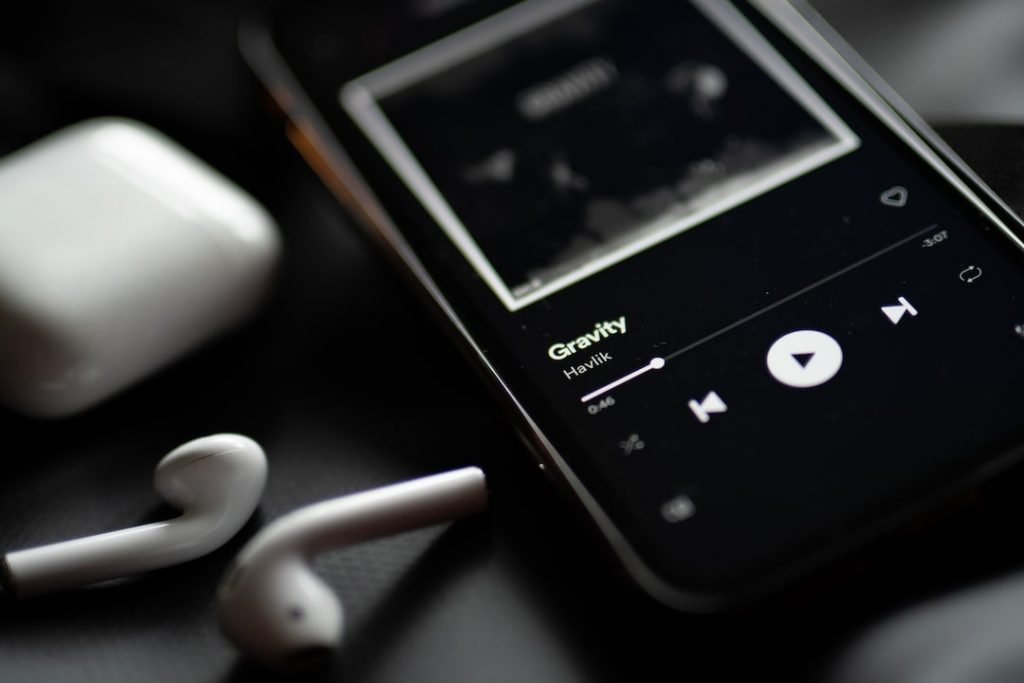Can You Use Multiple Music Distributors? (The TRUTH)

*This article may contain links to affiliate products & services. We have reviewed these services to try and ensure the highest quality recommendations*
Written by Omari
The music industry uses the distribution of recorded music to make albums and songs available to listeners. As a fundamental part of its business model, it facilitates the acquisition of the vast majority of music for retail sale, digital download, or online streaming.
Since the advent of the internet, the mechanisms of music distribution have shifted drastically, often to the delight or frustration of individual musicians. You might be wondering if you can use multiple music distributors. We'll go into the details of that question, but first, let's understand what a music distribution is and why you need it.
What is Music Distribution?
The history of the music industry coincides with the origin of music distribution. Even when sheet music publishing firms were in charge, someone still had to print the scores and get them to the retailers. Distributors' primary responsibility has always been and continues to be to ensure that the general public can purchase music. Simple as that.
While music distributors' primary function has remained unchanged for the past century, their processes and business models have evolved considerably. As a whole, the music business was profoundly impacted by these shifts. We still utilize predominant distribution media to characterize the stages of the industry's progression, from the "period of CD" before the year 2000 to the "era of streaming" that we currently enjoy.
Physical Music Distribution
This method is the standard means of getting albums into stores. A music distributor deals with record labels and musicians to sell their music in retail stores. Distributors will only sell to vessels that have an established account with them. Simply put, a distributor acts as a go-between for the recording artist or label and the retail outlet.
Digital Music Distribution
The process for disseminating music digitally is similar, albeit implemented in a different medium. The distribution company will not deliver albums to stores but make the music available in digital form (usually mp3 or .wav). The songs are uploaded to streaming services like Apple Music, Spotify, and Online MP3. Distributors are then responsible for getting any royalties from the musicians and rights holders.
Benefits of Online Music Distribution
More money
Distributing your music digitally through streaming platforms and any income you get through song purchases and CD sales is a great way to boost your earnings. Suppose you're an aspiring musician and own the privileges to your music and recordings. In that case, the money you make from streaming services will go straight to you rather than a record label, a songwriter, or a manager. While it's true that digital distribution can save artists money on things like producing LPs and CDs, it's essential to keep in mind that some fans prefer traditional distribution.
The author of a song uploaded to a streaming service is also the sole owner of that song's publishing rights and will receive royalties from each stream as payment for their work.
Get discovered
To be heard, your music must be distributed widely. You can't predict who will be captivated by your music on the vast internet. Remember that not everyone shares your preference for listening to music via digital download; some listeners still enjoy the convenience of CDs.
Get your music on as many platforms as possible, like iTunes, Amazon, and Spotify, to reach the broadest possible audience. You'll also likely gain listeners if your music is available on the various platforms and streaming services your target audience uses.
Prepares you
Even starting, you must get your music uploaded to streaming services and platforms so your fans can find it. Make sure your songs can be available for streaming whenever your fans want them because you can never tell which song will become a smash hit.
To avoid missing out on potential sales and streams while waiting for your music to resonate with listeners truly, you might consider distributing it now.
Can I Use Two Music Distributors?
Two music distributors can be used together; however, using multiple music distribution services to distribute the same song or album is impossible. For example, if you want to distribute a song, you can do so through a record label but not an aggregate service simultaneously. If you wish to use a different distributor, you'll have to make a new song.
You can have one single distributed through LANDR for example and another single distributed through Tunecore or Distrokid, but you cannot have the same song distributed through multiple distributors at the same time.
Here's Why You Might Want To Use Two Different Music Distributors
Nowadays, people are always on the lookout for new music listening and sharing methods, so it's helpful if you can work with various formats. Thanks to services like Pandora and Spotify, music fans can listen to their favorite tunes on demand without downloading anything.
iTunes provides definitive album versions in addition to unlimited skipping of radio stations. If you sign up as a premium member of SoundCloud, you'll have access to millions of songs that you can save to your computer. You may use multiple distributors simultaneously, but avoid sending the same content to the same partner twice.
Will Distributors Copyright Your Music?
Although songwriters must pay a fee to a publishing administrator, they retain all song ownership rights. Although a distributor puts in a lot of effort to help you make sales and get your music streamed, their primary goal is to earn money from your master recording.
Why you should not be using different Music Distributors
If you release the same album using multiple services, you will end up with multiple copies of the song. That won't win you any fans among the streaming services. This is the only time this kind of thing is acceptable. That would only be the case if you were switching music providers.
Bottom Line
The promotion and marketing of your music should unquestionably include a strong emphasis on digital distribution. This is a golden opportunity that no solo artist can afford to pass up. The answer is yes if you're wondering if you can use multiple music distributors. But that can change under certain circumstances. It's crucial to avoid distributing your music to the same partner more than once.
When your song is ready to go, it's time to start promoting it to potential fans! Omari has the best organic promotion services money can buy. With packages for Spotify, TikTok, Instagram, and YouTube, we will get your music the traffic and attention it deserves! Click below for more information.
SPEAK YOUR MIND
Leave a Reply
How This INDIE Artist Got Over 67,598,275 Streams On ONE Song
Join the No-Nonsense Music Marketing Newsletter to get the most valuable weekly case studies and strategies to grow your music business!




2 replies to "Can You Use Multiple Music Distributors? (The TRUTH)"
How do I transfer music from one distributor to another?
Can you move the URI from cd baby to tunecore?